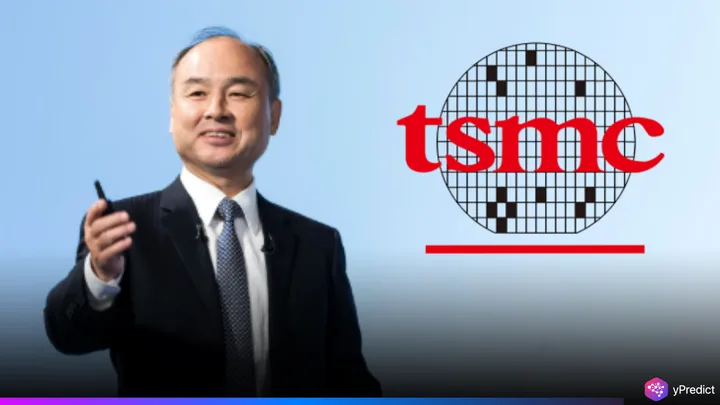
SoftBank founder Masayoshi Son is pursuing an audacious plan to create a $1 trillion AI and robotics manufacturing hub in Arizona. Dubbed “Project Crystal Land,” the proposed AI Hub complex would bring together companies from the AI, semiconductor, and robotics sectors in one sprawling industrial park. Son, 67, has reached out to Taiwan Semiconductor Manufacturing Co. (TSMC), Samsung Electronics, and U.S. officials, including figures aligned with Donald Trump, to back the project.
His goal: reindustrialize America through AI-powered automation and high-tech production. If successful, the Arizona AI hub could rival China’s Shenzhen in scale and global impact. Though still in early stages, the plan reflects Son’s long-standing ambition to accelerate artificial intelligence and reshape global manufacturing. SoftBank is exploring tax incentives and partnerships to get the project off the ground.
Project Crystal Land Aims to Build AI Robots in the U.S.
At the heart of Son’s plan is a vision to manufacture AI-powered industrial robots in the United States. The initiative, Project Crystal Land, would be anchored in Arizona and modeled after China’s tech-centric cities. SoftBank has reportedly approached TSMC, a key Nvidia chip supplier, to play a role, although TSMC’s commitment remains unclear. The hub could also involve Samsung and several SoftBank Vision Fund companies, including robotics firm Agile Robots SE.
SoftBank has begun discussions with federal and state officials in the U.S. to seek tax breaks for businesses that join the project. Son’s team is also trying to identify which partners could build physical infrastructure or contribute cutting-edge AI components. “He wants to accelerate AI development with serious scale,” said someone familiar with Son’s thinking. The focus is not just on software but on the machines that bring AI to life.
Big Ambitions, Uncertain Buy-In from Key Players
Son’s vision is massive, up to $1 trillion in investment, but the plan still lacks firm commitments. A source familiar with TSMC said the project has “no bearing” on the chipmaker’s own Arizona plans, which already include a $165 billion U.S. investment. Meanwhile, Samsung and other companies have yet to comment publicly on the proposal.
SoftBank is reportedly considering a “project finance” approach, a model commonly used for energy or infrastructure, to spread risk and lower upfront capital. This could prove essential, as SoftBank held ¥3.4 trillion ($23 billion) in cash at March-end and recently raised $4.8 billion through a T-Mobile share sale.
The Arizona plan comes as SoftBank ramps up broader AI-related investments, including $30 billion into OpenAI and a $6.5 billion deal for Ampere Computing. Still, critics question whether such a vast capital-intensive industrial AI Hub is the most efficient way to advance AI. “It might be smarter to partner with experts and incubate smaller players,” said Melissa Otto of Visible Alpha. “But Son is a long-term thinker, and he takes risks.”
SoftBank’s AI Hub Vision Targets U.S. Manufacturing Revival
Masayoshi Son’s latest bet reflects his deep belief in AI as a defining force of the future. While Project Crystal Land remains speculative, its potential scale underscores a global shift toward automation-driven manufacturing. If realized, it could reshape Arizona’s industrial landscape and create a blueprint for AI-integrated production in the West.
Even if the trillion-dollar mark proves elusive, the pursuit alone may galvanize new collaborations between chipmakers, robotics firms, and AI startups. As Son seeks government support and private-sector partners, the plan marks an ambitious effort to pull high-tech manufacturing back to U.S. soil and place AI at its core.






